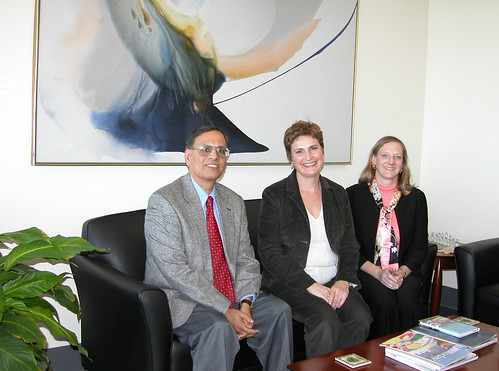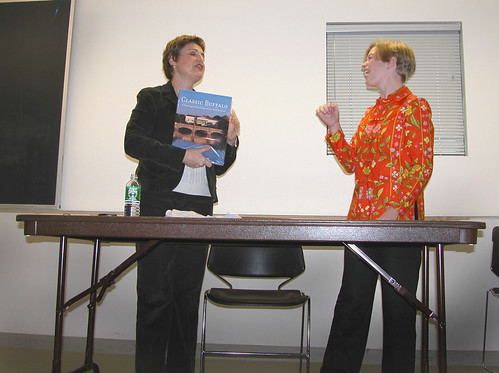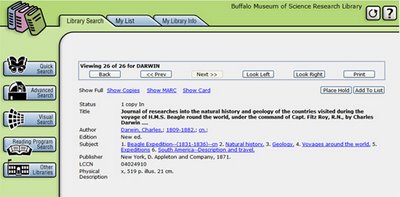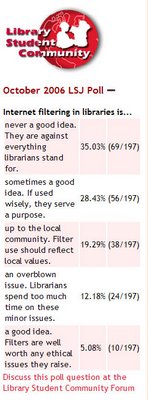November Issue of LSJ
 The November Issue of Library Student Journal is now available. I am happy to introduce what I think is a very interesting and diverse issue. There should be something in here for just about everyone!
The November Issue of Library Student Journal is now available. I am happy to introduce what I think is a very interesting and diverse issue. There should be something in here for just about everyone!Leah Larson gives us a delightful Christmas story, "A Cataloging Carol", with original illustrations by Carrie Netzer Wajda discusses deaccessioning and the public image of information professionals. And Allyson Mower gives us an insider's look at a developing Institutional Repository.
We have two peer-reviewed articles this month. Iva Seto looks at the organization of knowledge and the hyperlink through the Eco's The Name of the Rose and Borges' The Library of Babel. And Ann Dixon takes us on a tour of children's poetry as it has developed through the years.
An editorial by Louise Cooke responds to two papers on Internet filtering published in the September LSJ, and Mary Francis argues for a reconsideration of reference terminology.
Two book reviews this month: Eric Brust reviews Administration of the Public Library, by Alice Gertzog and Edwin Beckerman, and Deborah Hicks reviews The Librarian's Career Guidebook, edited by Priscilla K. Shontz.
Enjoy!






